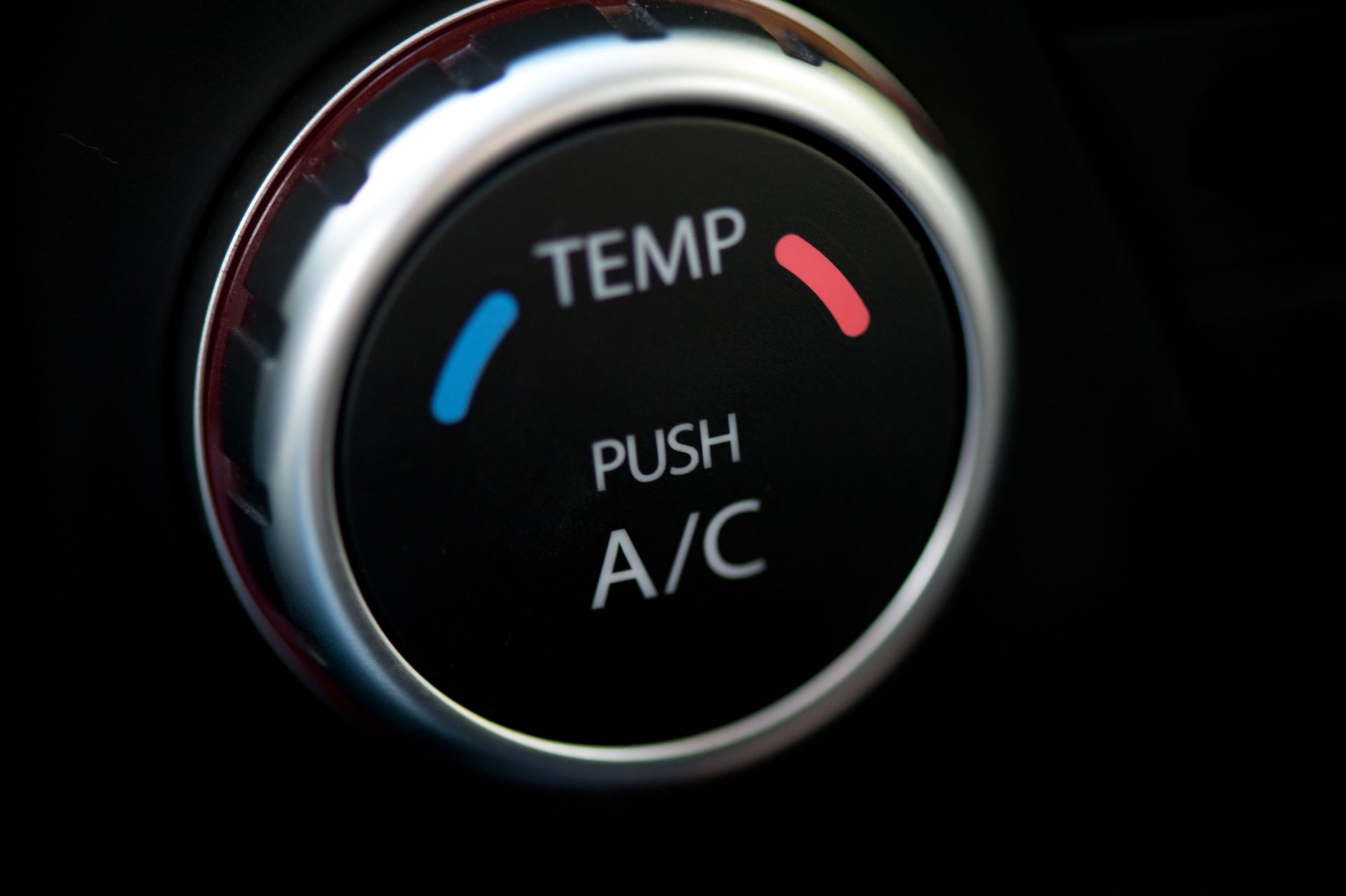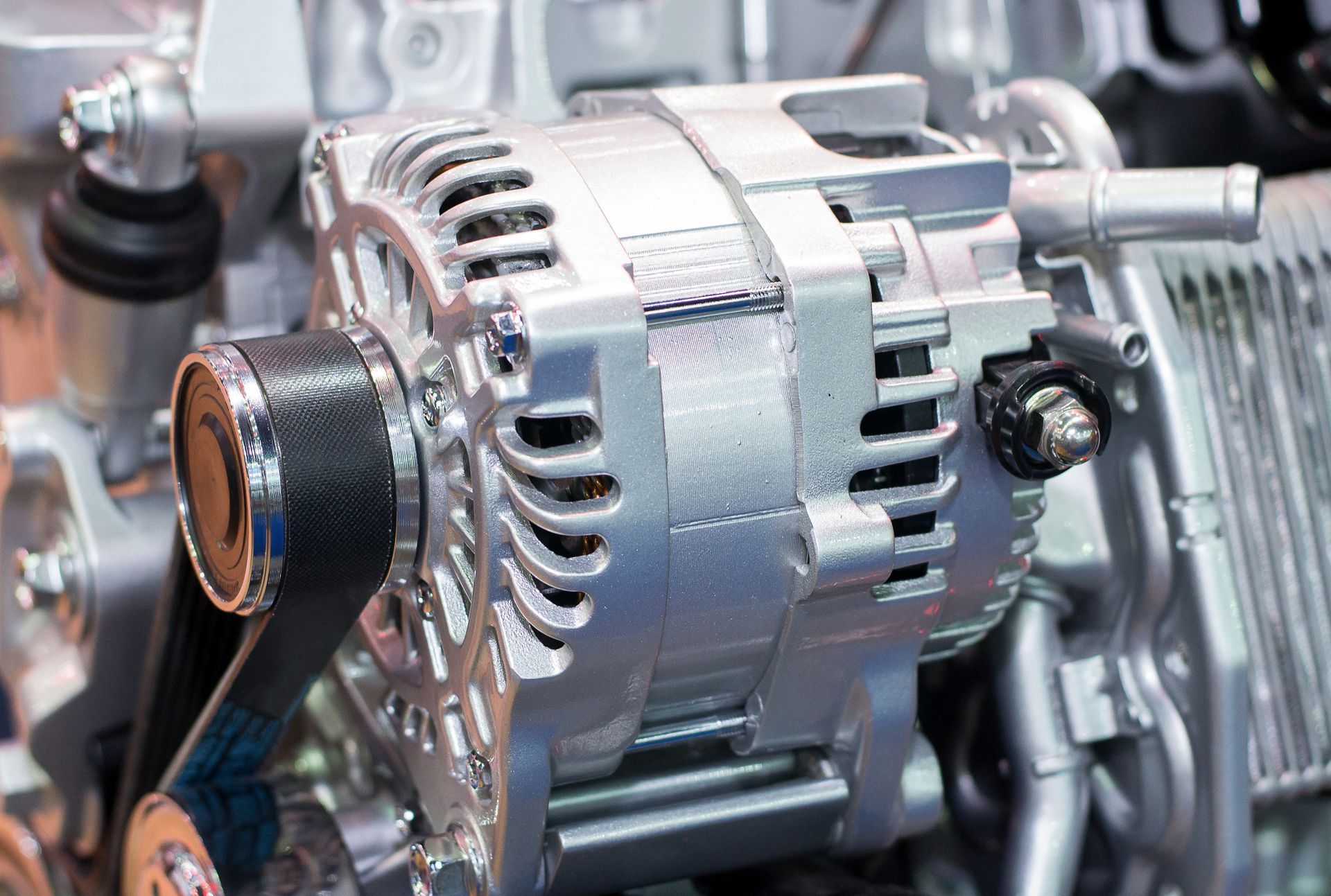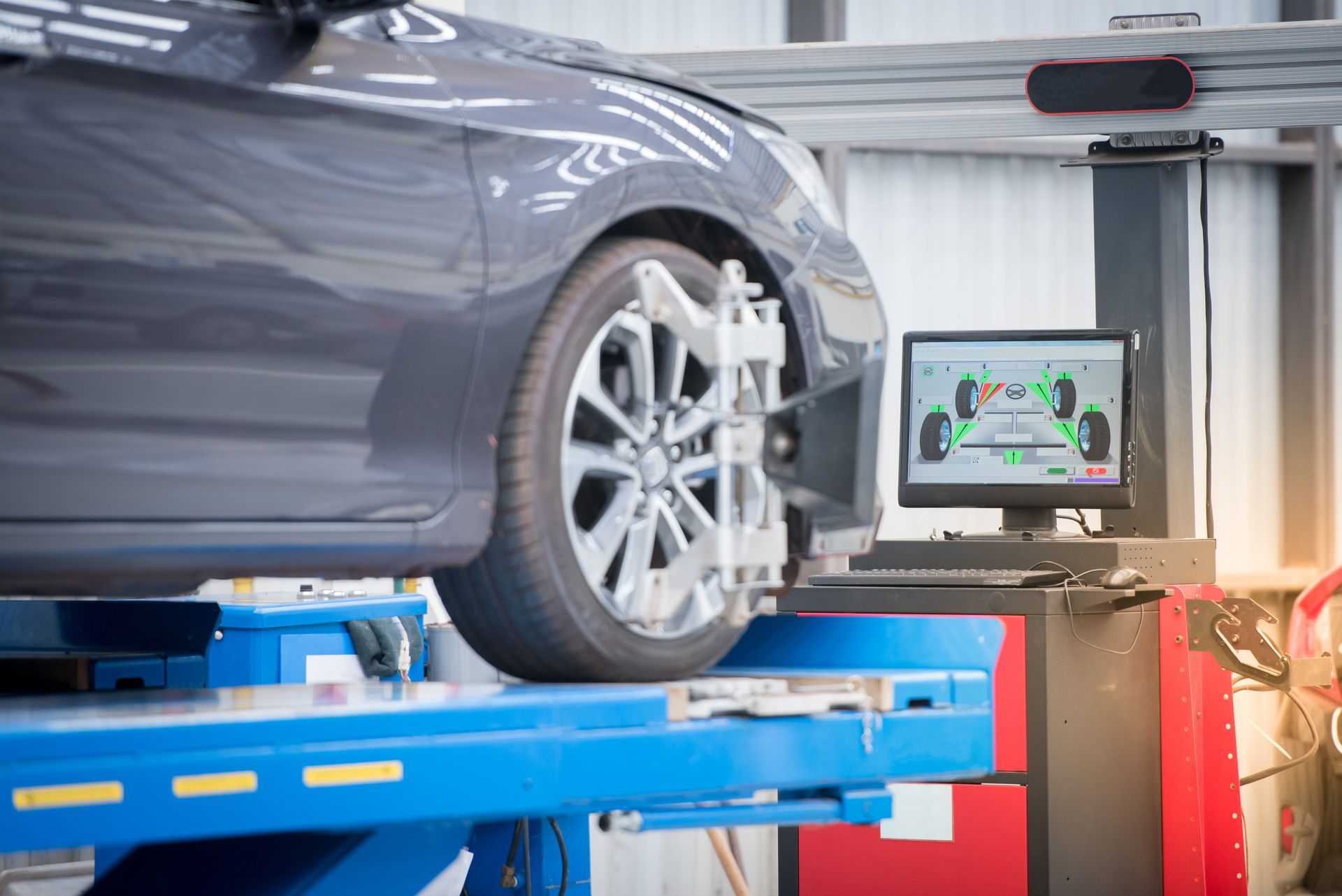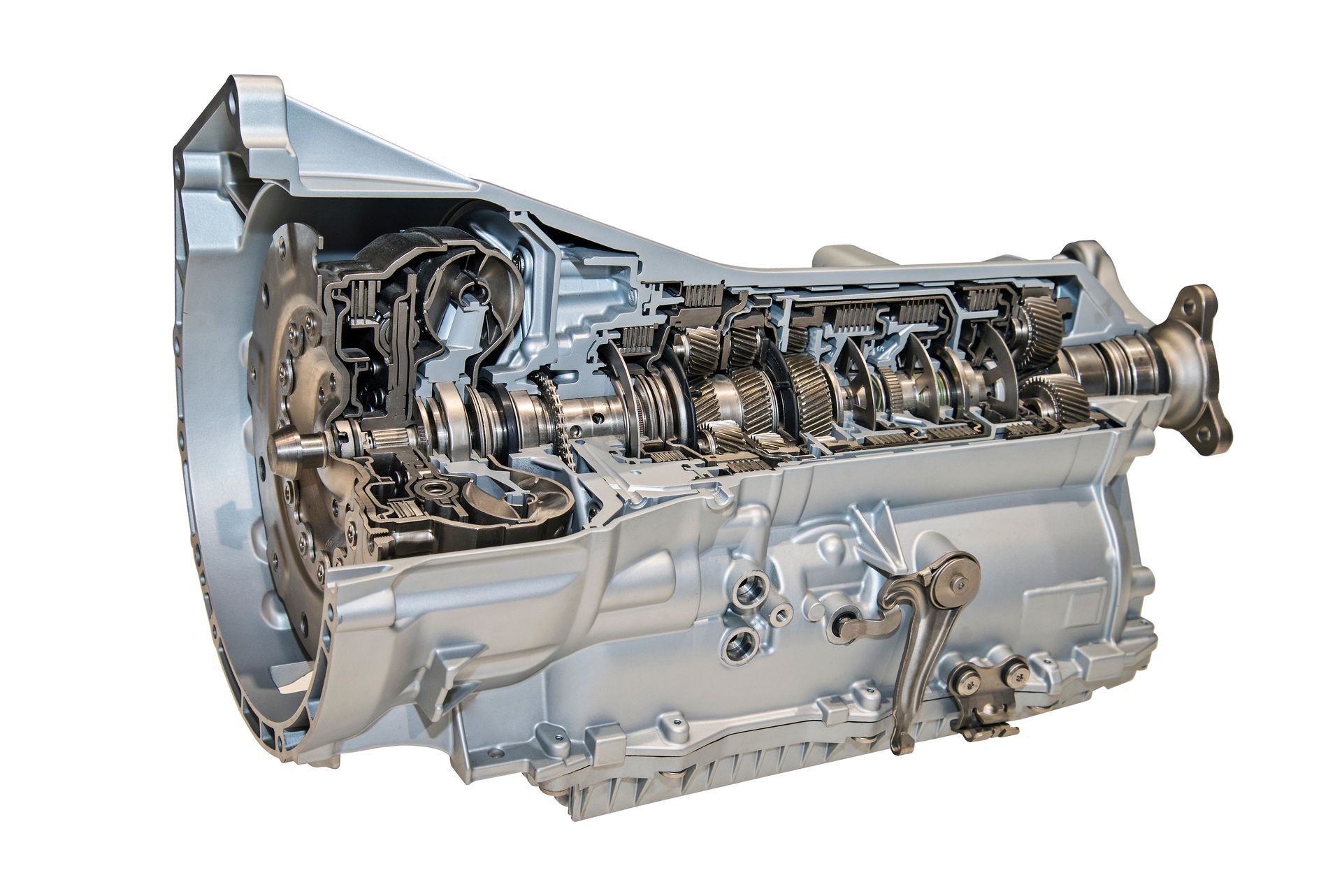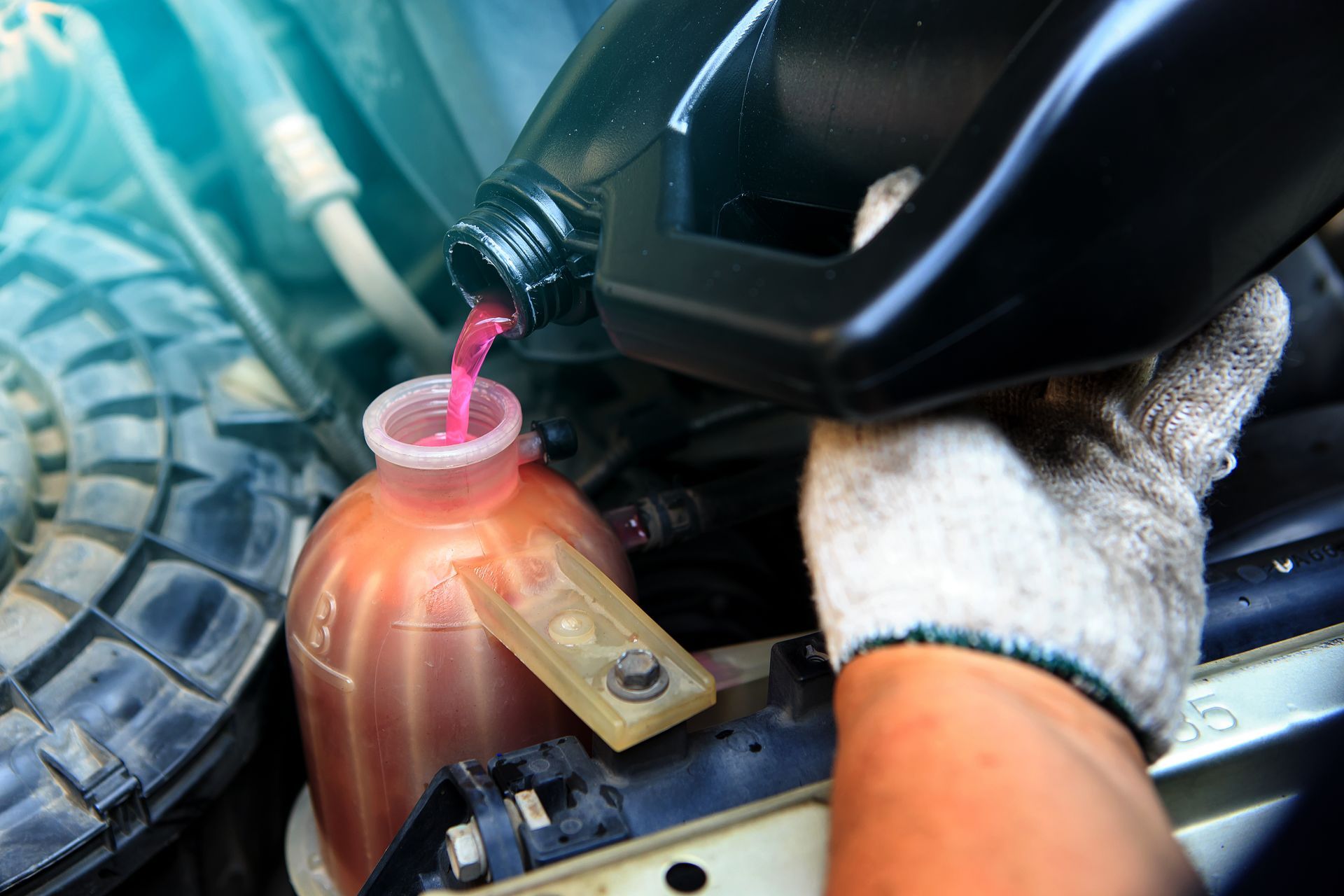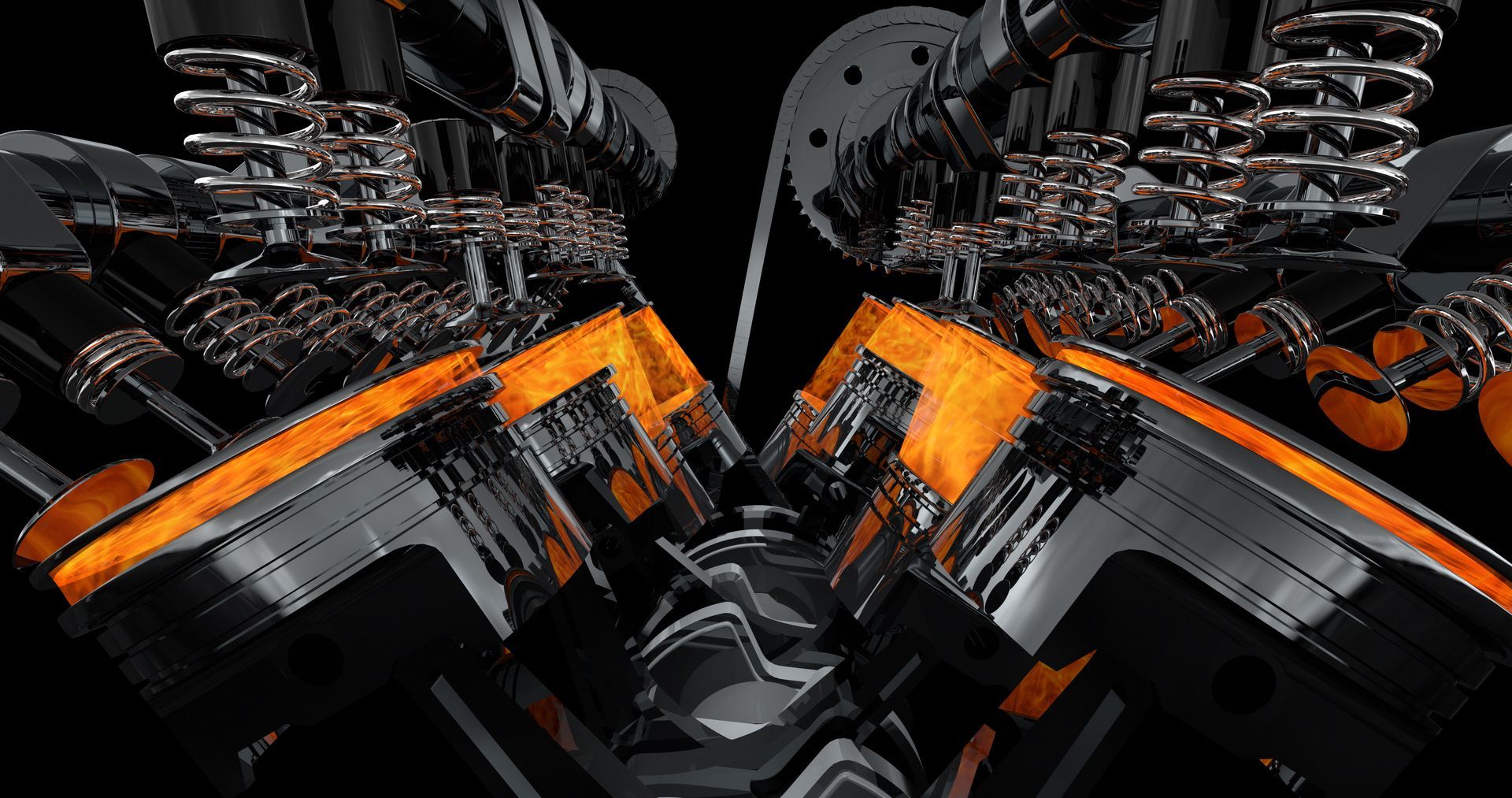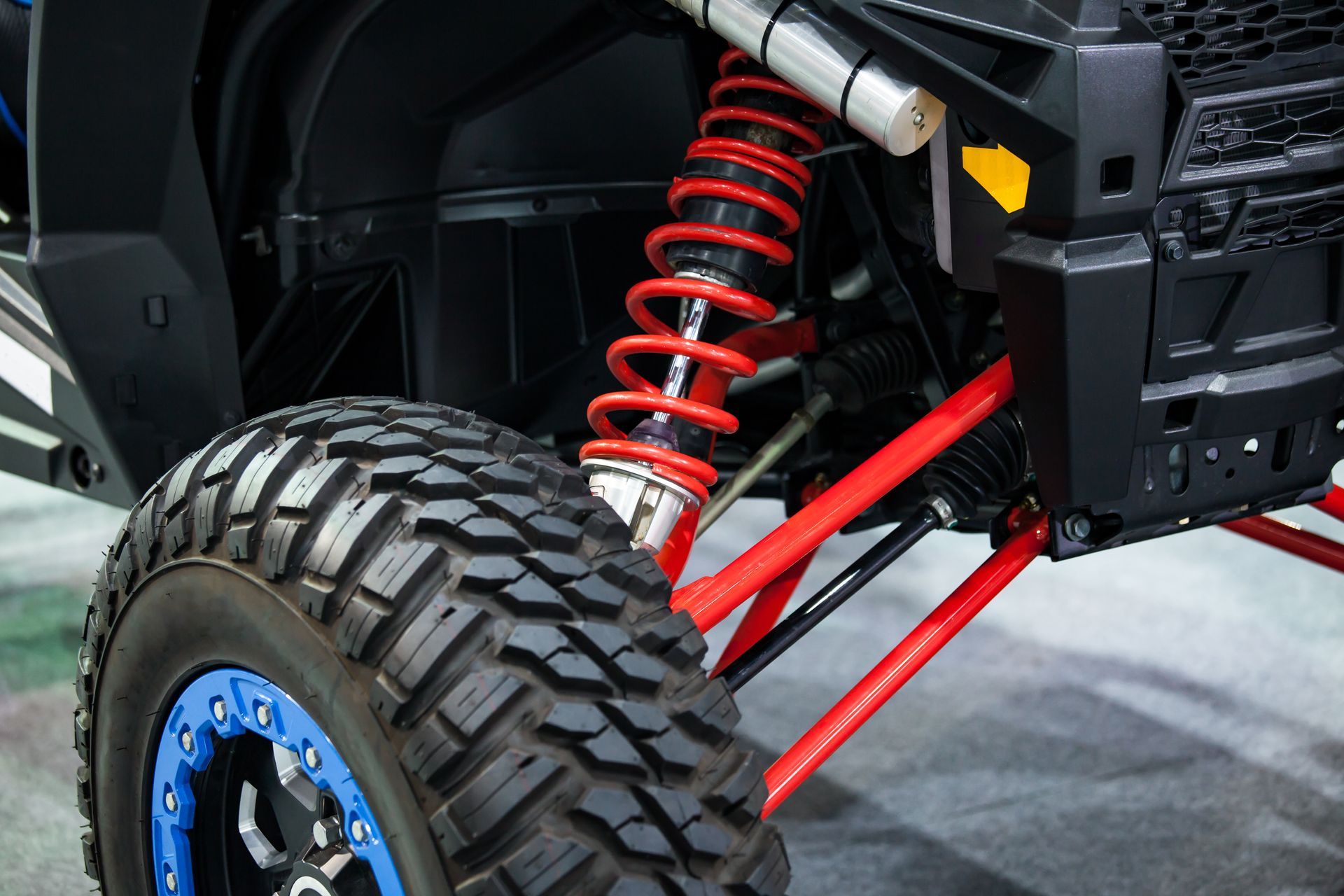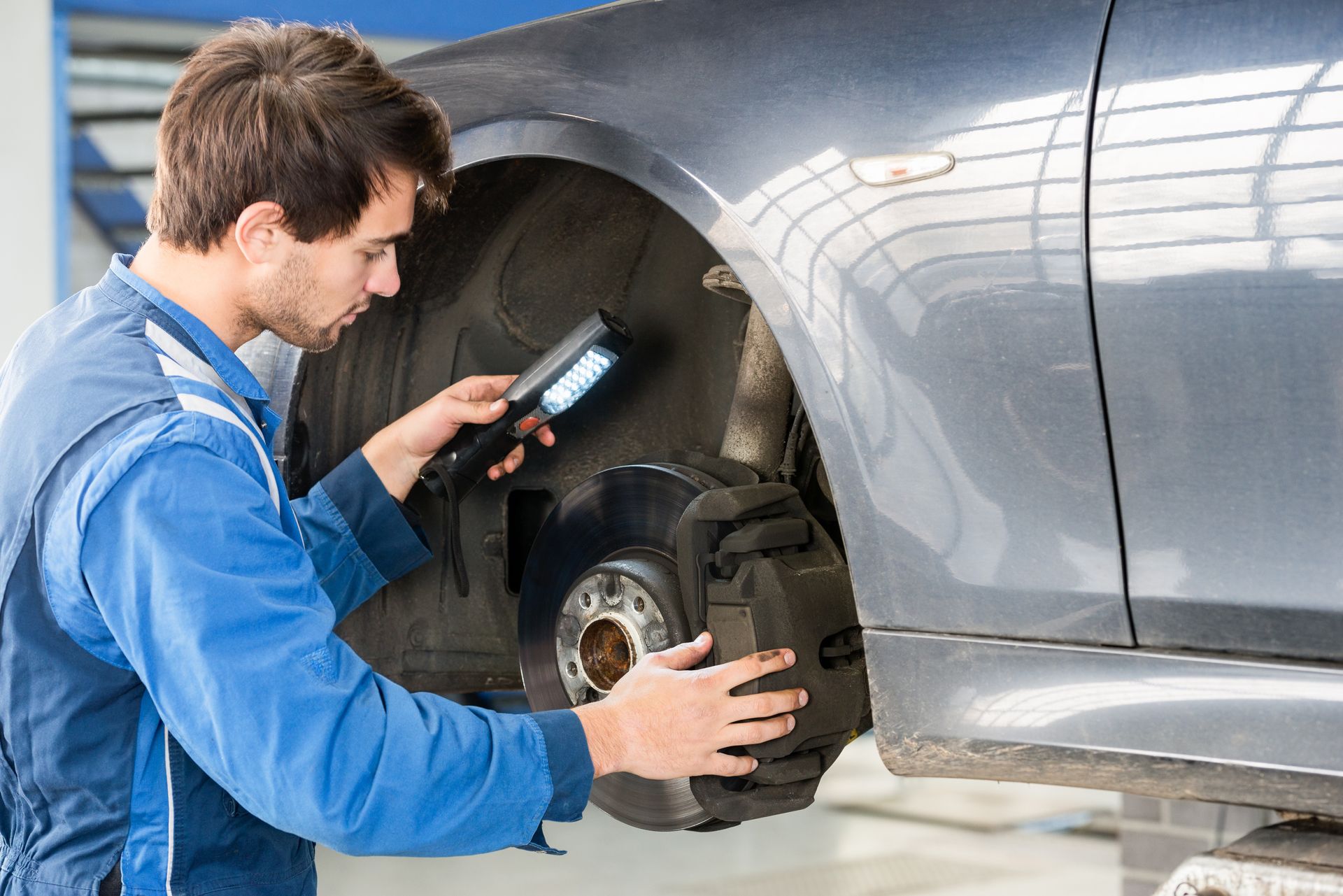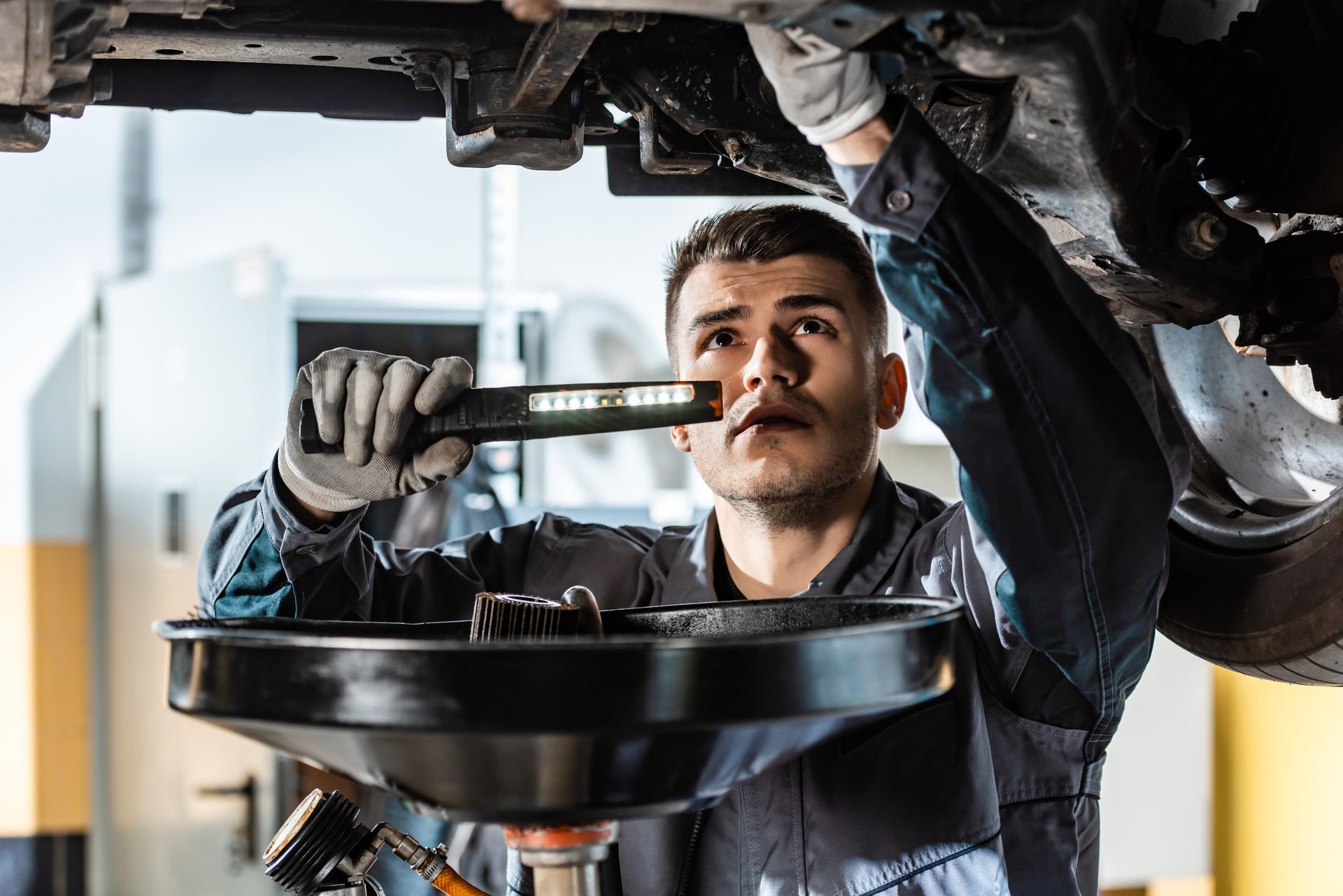Your car’s axles do more than just connect the wheels—they’re essential for transferring power and keeping your vehicle in motion. When they start to wear out or sustain damage, you’ll notice symptoms like vibrations, clicking noises, or trouble accelerating. Ignoring these warning signs could lead to a complete axle failure, which isn’t just inconvenient—it’s dangerous. Could your axles be trying to tell you something?
Warning Signs of a Worn or Damaged Axle
A bad axle isn’t something you want to put off repairing. If left unchecked, it can lead to serious drivability issues, unexpected breakdowns, or even accidents. Here are some of the most common warning signs that your axles might need attention.
Unusual Vibrations While Driving
If your car shakes or vibrates excessively, especially during acceleration or at certain speeds, a worn axle could be the culprit. While tires and suspension problems can also cause vibrations, an axle that’s bent or damaged will often create a rhythmic shaking that worsens as you drive.
Clicking or Clunking Noises
A failing axle often makes a distinct clicking or clunking noise when turning. This is particularly noticeable when making sharp turns or going around corners. If you hear a repetitive clicking sound, especially from the front wheels, your constant velocity (CV) joints—the flexible components at the ends of the axles—may be worn out.
Grease Leaks Around the Wheels
If you see dark grease leaking around your wheel hubs or under the car near the axles, it’s a sign that the CV boot—the rubber covering that protects the joints—has torn. Once the grease leaks out, dirt and moisture can enter the joint, causing it to wear down quickly.
Difficulty Turning
A compromised axle can make steering feel stiff or unresponsive. If turning the wheel suddenly feels harder than usual, or if the car hesitates while making a turn, a worn axle could be limiting your control over the vehicle.
Car Won’t Move, Even in Gear
A completely broken axle will prevent the car from moving at all. If your engine is running and the transmission shifts into gear, but the vehicle won’t move, a snapped axle could be the reason. At this point, the only solution is a full replacement.
Common Causes of Axle Wear and Damage
Axles are built to withstand a lot of stress, but they aren’t indestructible. Everyday wear and tear, as well as unexpected impacts, can take a toll.
Potholes and Road Hazards
Hitting deep potholes, curbs, or rough terrain can bend or crack an axle over time. Even if there’s no immediate damage, repeated impacts weaken the axle’s structure.
Overloading Your Vehicle
Carrying loads that exceed your car’s weight capacity puts extra strain on the axles. Over time, the added stress can lead to premature wear.
Lack of Maintenance
CV boots protect the joints from dirt and moisture, but once they crack or tear, the axle is exposed to contaminants that speed up deterioration. Regular inspections can catch small issues before they turn into major problems.
Rust and Corrosion
Exposure to road salt, moisture, and harsh weather conditions can cause metal components to rust. A corroded axle is weaker and more likely to fail under normal driving conditions.
Strange noises, vibrations, or grease leaks? Don’t wait until your axle fails completely! Visit
Maryland Auto & Truck Repair in Burnie, MD, for expert axle inspections and replacements. Stop by today!

